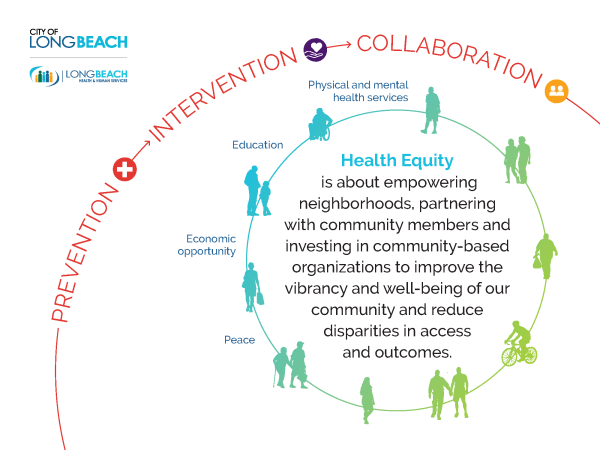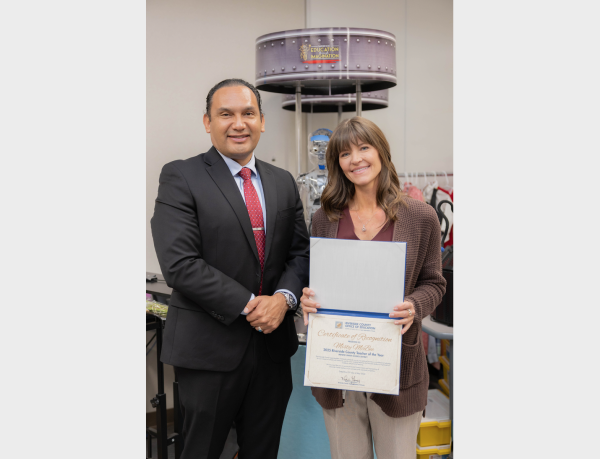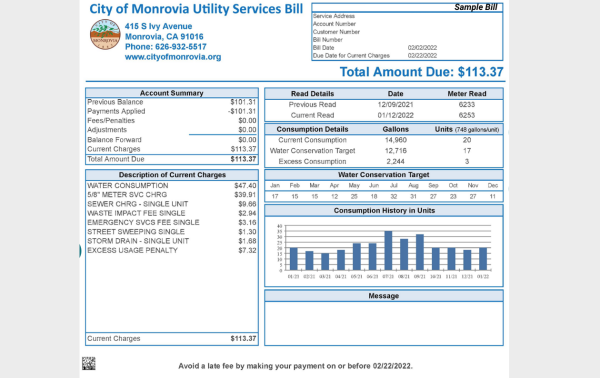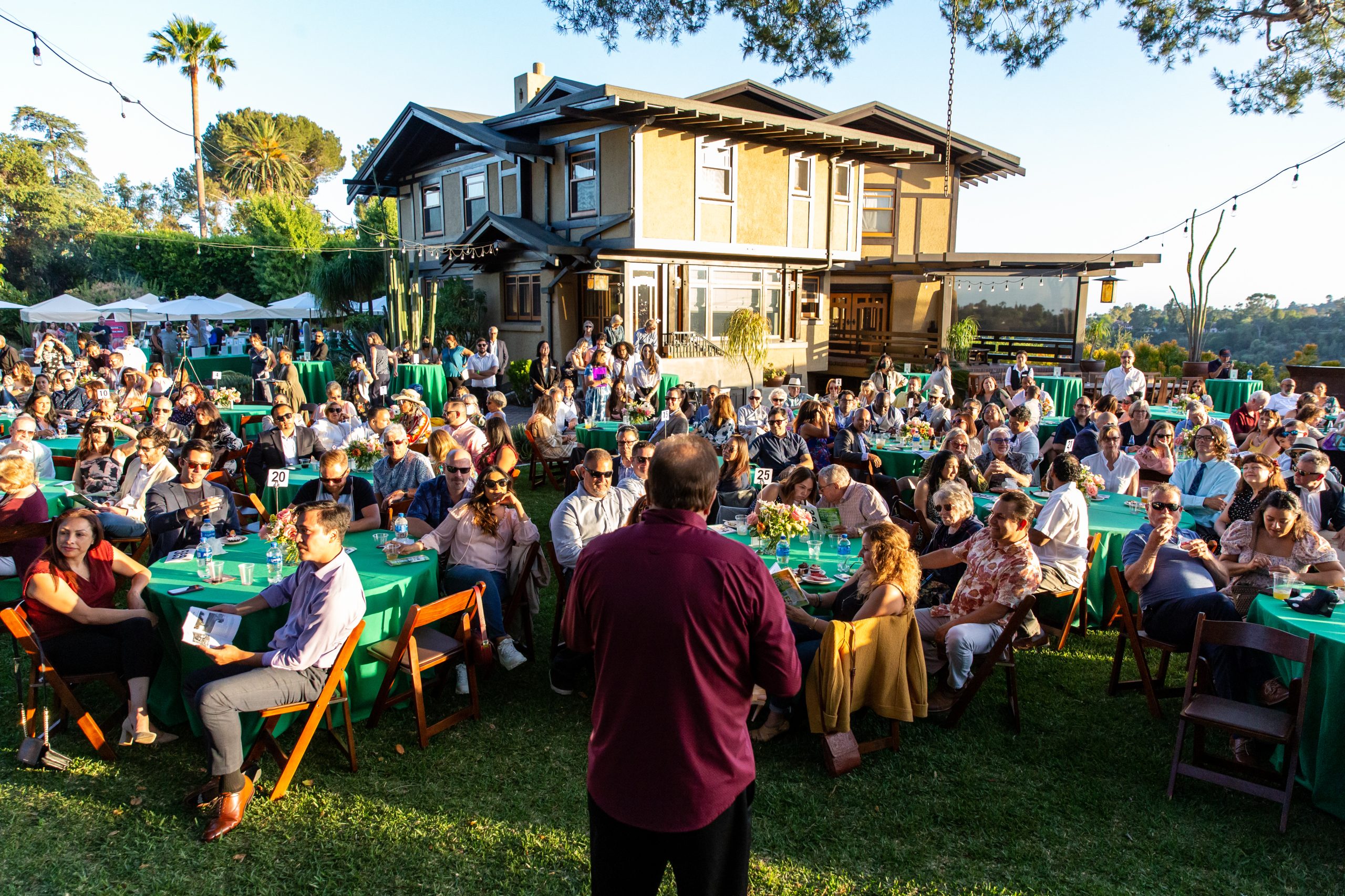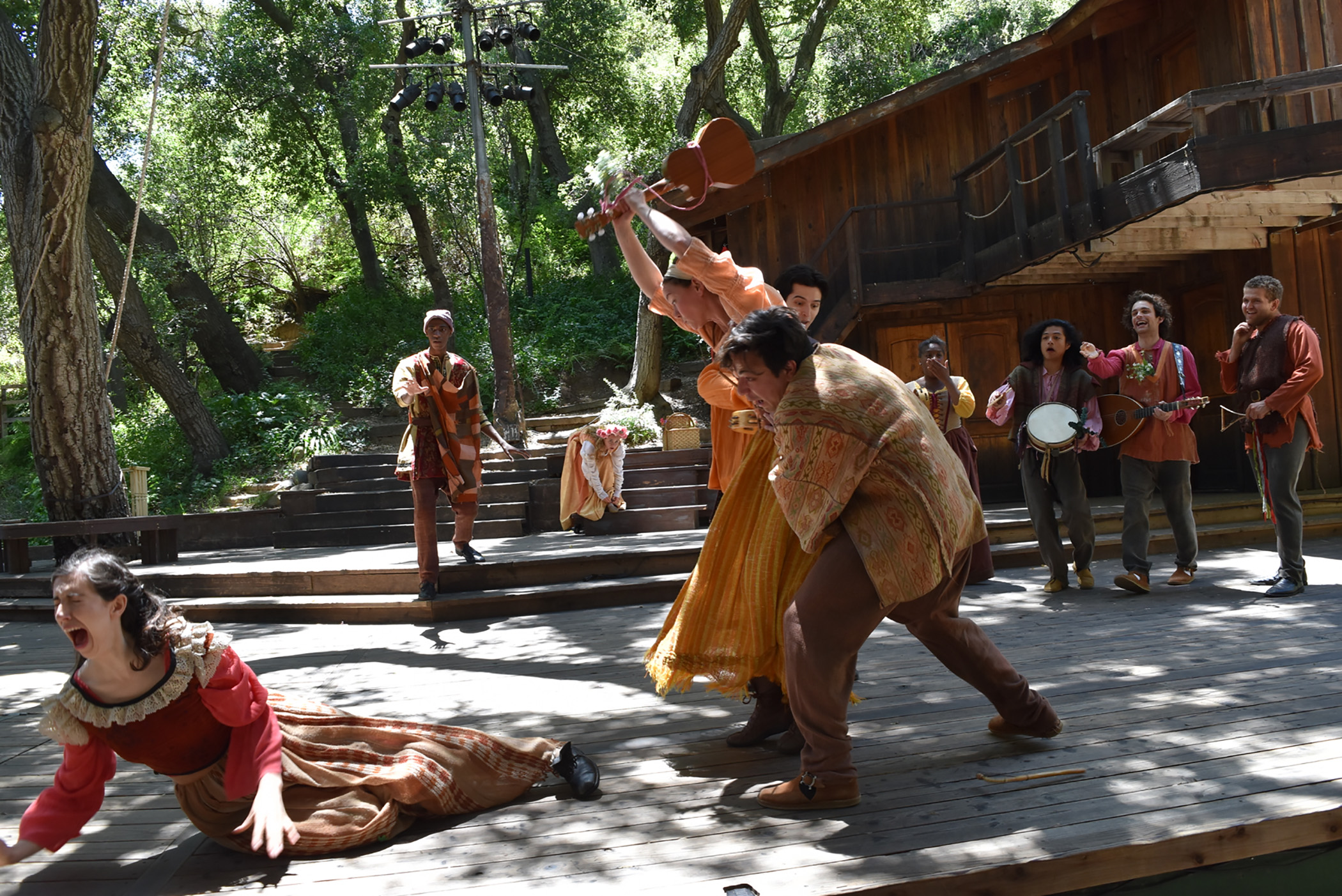The Long Beach health department has granted $811,000 for projects that intend to improve health care access in underserved communities that the pandemic hit hardest, officials announced Wednesday.
The city’s Health and Human Services Department awarded grants to 14 organizations to implement Health Equity Community Projects, according to the city’s announcement. Applicants’ individual project budget estimates averaged just over $98,000, and a total of nearly $4.8 million was requested.
The projects chosen to receive funding address the causes of coronavirus hospitalizations and the impacts of COVID-19 on communities where residents experienced disproportionately negative medical outcomes, officials said.
“This work complements the City’s overall efforts toward creating a healthier and more equitable future for all Long Beach residents,” Mayor Rex Richardson said in a statement. “By investing in these projects, we can uplift our residents and ensure better health outcomes in our communities.”
The health department received 52 applications for the second round of Health Equity Community Projects funding, of which 48 met the minimum criteria, according to the city statement. A panel of staff members from the health and economic development departments, evaluated the applications based on the city’s Health Equity Investment Framework.
Services in five focus areas will be offered via the funded projects, and a list of grant recipients is on the city’s website.
In the focus area of “Economic Inclusion and Resiliency,” four projects totaling $250,010 aim to boost financial literacy, “advance future economic opportunity” and provide “services that foster the awareness and understanding of work opportunities and provide linkages to education and training,” according to the city.
Another focus area is “Chronic Disease Management and/or Health Education and Outreach,” officials said. Two projects totaling $125,000 will promote early screening for and prevention of diseases and health ailments “in culturally affirming spaces such as barber shops and salons, neighborhoods and community events.” The projects will also address environmental pollution that threatens health in communities and “connect residents to healthy home and insurance benefits or health care rights” through efforts including “community fairs or trainings, case workers and referral programs, smoking cessation, or healthy eating and physical activity programs.”
“Mental Health Support or Trauma-Informed Responses” is another focus area of the Health Equity Community Projects, according to the city. Five initiatives totaling $285,490 in this category aim to help foster mental health wellbeing via support groups for mental health and grief and bereavement, “trauma-informed care training” and raising awareness about “intergenerational trauma.”
The “Physical Activity and Engagement” focus area features two projects totaling $75,500 for after school programs, nature exploration, group classes for older adults and other cultural activities such as dance, sports and yoga.
The project geared toward “Safe Neighborhoods and Violence Prevention” totals $75,000. It aims to strengthen social bonds within the community and promote positive youth development through “culturally affirming events and activities” including neighborhood group activities, street teams or canvassing, activities that improve physical and mental health, anti-bias training and other racial healing practices and reentry services, officials said.
“These grants will enable and empower the selected organizations to implement impactful initiatives and projects that will address critical needs and ultimately improve the quality of life for our residents,” health department Director Alison King said in a statement.
This latest round of funding follows more than $3 million the city awarded in 2022 in the first round of the Health Equity Community Projects initiative, according to the city. Funds for the health equity grants come from several sources, including the Long Beach Recovery Act and the City’s Racial Reconciliation Initiative.
The Long Beach Recovery Act is the city’s “plan to fund economic and public health initiatives for Long Beach residents, workers and businesses critically impacted by the COVID-19 pandemic,” officials said.

